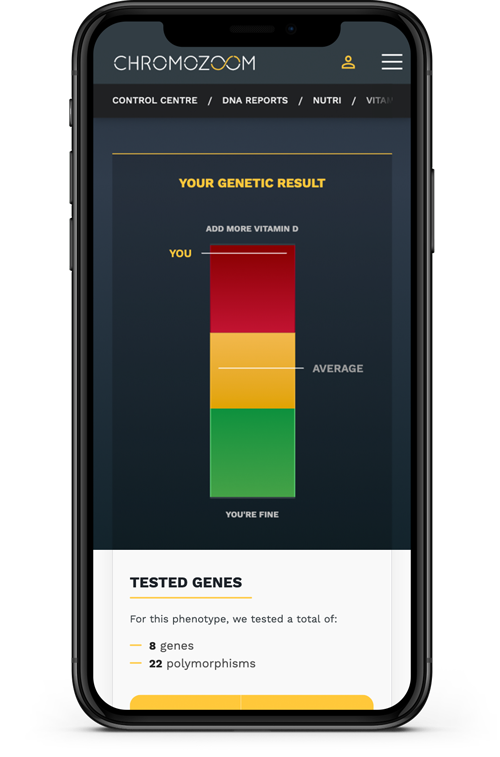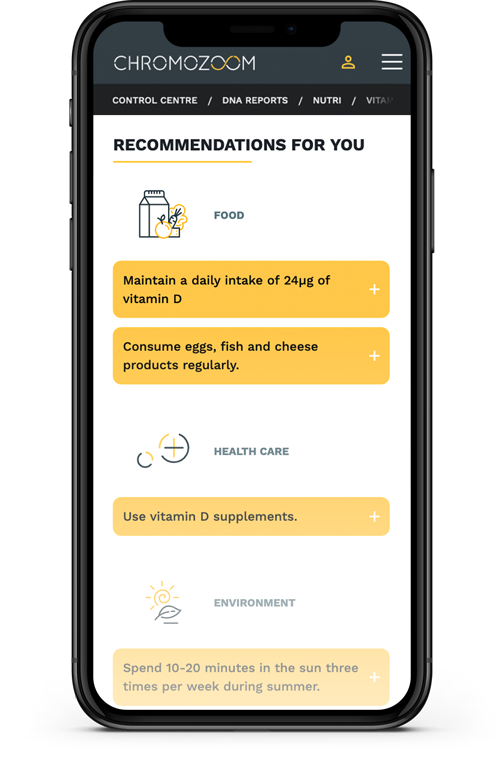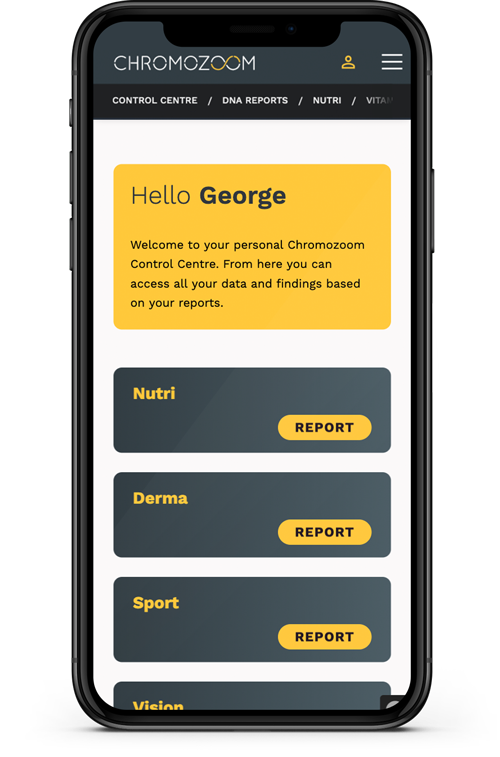
Your privacy is untouchable
We guarantee your privacy and data protection in full compliance with GDPR.
We are transparent about the data we collect, store, and use.
To ensure unbreakable anonymity, all personal data is stored separately from your genetic profile.
As a result, no team member can connect you to your DNA sample during the analysis process.

Top level data protection
We use the latest technologies to prevent and report on data breaches and network attacks.
With real-time data scanning, our system evaluates risks and notifies network administrators about potential issues.
That is why we can guarantee the highest level of privacy, reliability, integrity and data availability for our clients.

Always available
Our applications are configured across many geographically distributed data centres.
This reduces the risk of both data breaches and technical issues, from uncomfortable slowdowns to momentary unavailability.
Ensuring that your data is always secure and available is our top priority.

No third party sharing
In cases where we use third-party services that may need access to your personal data.
For example courier companies, we follow a rigorous selection process, ensuring that they comply with strict data protection regulations.
We do not sell, lease, or share client data with any third parties.
Any and all personal data can be destroyed on request.





